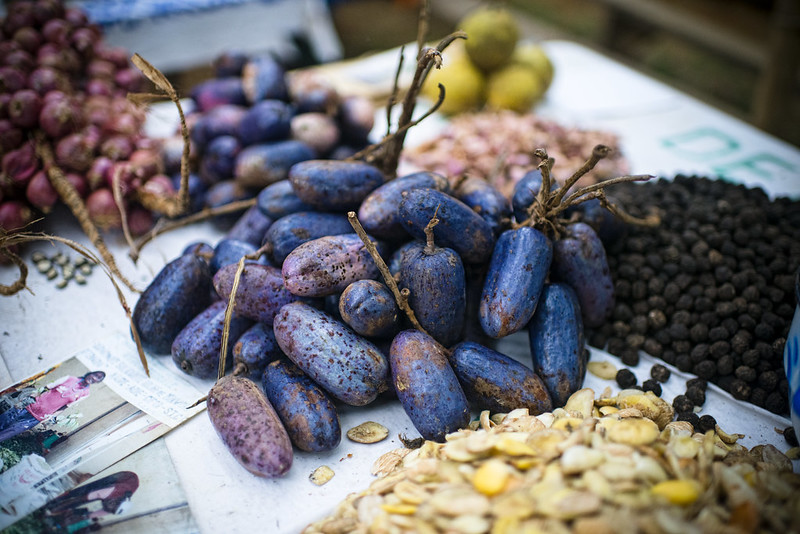
“The gene-editing toolkit training is a momentous occasion that should be celebrated, given the scale of the problem that CRISPR is expected to address,” said AOCC founder Dr Howard-Yana Shapiro.
“CRISPR is a key strategy towards improving food nutrition in Africa, and the trainees from this programme will be the change agents that will make the impossible happen, especially with the kind of pan-African collaboration we have witnessed [in the programme],” he said.
Meanwhile, the programme supports the United Nations Sustainable Development Goal 2, which aims to end hunger, achieve food security and improve nutrition, as well as promote sustainable agriculture by 2030, the AOCC said.
“It is a step in the right direction. Addressing nutrition by improving local skillsets through such a programme is key to improving food security on the continent and an important contribution to a productive and sustainable transformation of African agriculture,” said agroforestry science and knowledge practices organisation World Agroforestry interim director-general Dr Ravi Prabhu.
The initiative is driven by the AOCC, and the University of California Davis organised the six-week training programme in partnership with the University of California Berkeley’s Innovative Genome Institute and the International Institute for Tropical Agriculture (IITA) and the World Agroforestry and the International Livestock Research Institute.



















